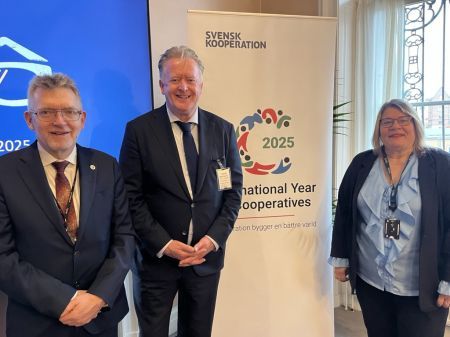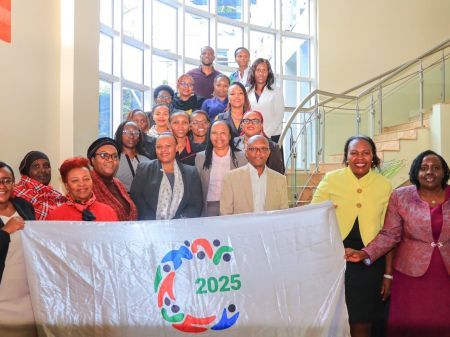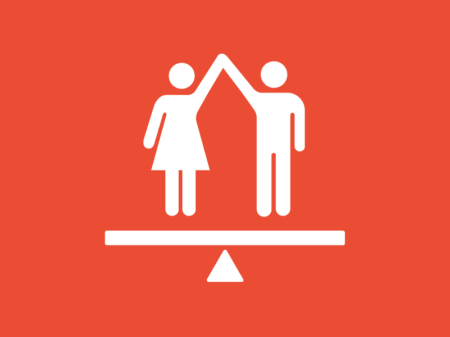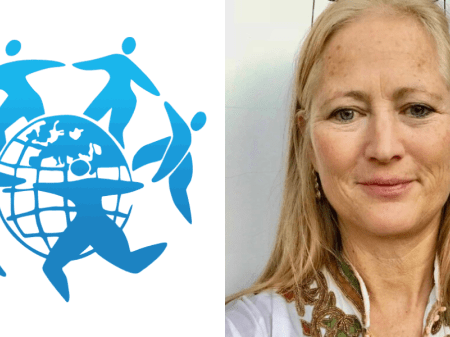
World Cooperative Congress delegates were presented a report from the International Cooperative Banking Association (ICBA), which looked at how its members contribute to and report on sustainable development.
Introducing the session, one of the report’s authors Dr Nazik Beishenaly, a researcher at KU Leuven, said the report focused on two questions: what is the profile of the 49 members of the ICBA, and how how do they contribute to sustainable development – and how does their co-operative difference work towards this?
Co-author Rubiga Sivakumaran, a banking consultant from the Netherlands, said ICBA has members across four regions: 12 in Europe, 11 in Americas, seven in Africa and 19 in Asia Pacific; the oldest member was founded in 1818 and the youngest – in Nigeria – arrived in 2016.
The study looked at the banks’ annual and financial reports, websites and available information in the ICA database.
It found that banks carried out two types of activity when working abroad – business purposes such as establishing branches abroad; and secondly international developments, through expertise, sharing information between co-ops and technical assistance projects.
Limited data was an issue in compiling the report, she said, but there are some positive findings. For example “women are very well included in the employees … with the central co-operative bank of Bulgaria being a real champion on this topic with 82% of women inclusion”.
Looking at how ICBA members contribute to the SDGs, Dr Beishenaly said a study was made of 500 publications of cooperatives on the SDGs and sustainability. Again, there is an issue of limited data: 72% of ICBA members have no sustainability reporting published on their websites.
“We need indicators to prove how cooperatives demonstrate their difference … because demonstrating their difference as a sustainable business model is important for their legitimacy,” she added.
But the report did find that ICBA members contribute to the SDGs in a number of ways:
Social – by supporting local communities; promoting financial inclusion; improving employee wellbeing and health; investing in education; and advancing gender equality.
Economic: Proving access to finance, supporting local economic development, giving SMEs, agricultural producers and vulnerable groups access to finance; creating jobs and promoting decent work.
Environmental: Engaging in green and sustainable finance; reducing environmental footprint.
Institutional: Integrating environment and climate issues in business strategies and policies; building partnerships.
Cooperative: Satisfying member needs; promoting cooperative values and principles; cooperation among cooperatives.
View the report here.




